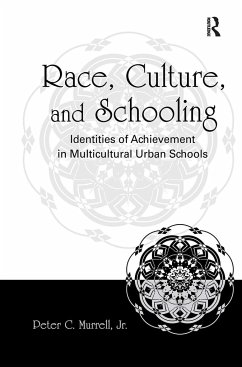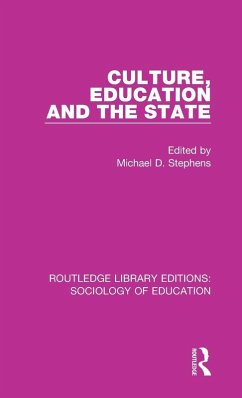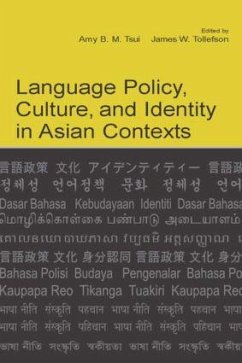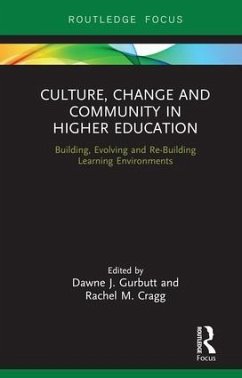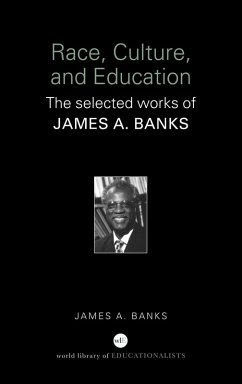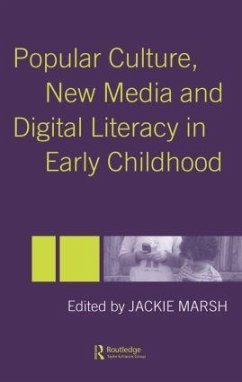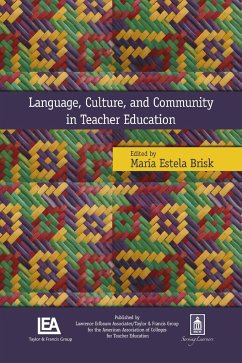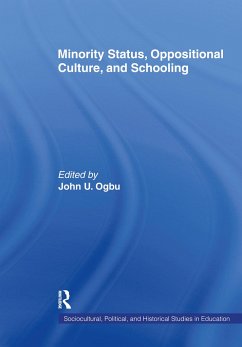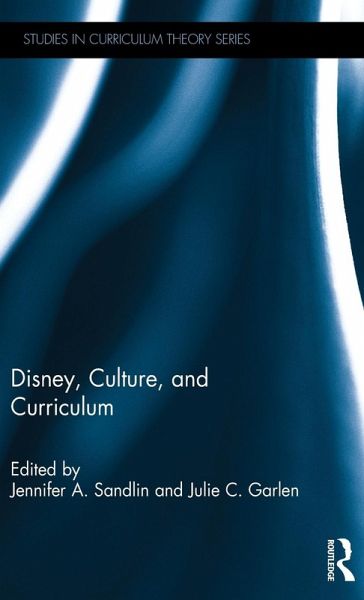
Disney, Culture, and Curriculum
Versandkostenfrei!
Versandfertig in 1-2 Wochen
222,99 €
inkl. MwSt.
Weitere Ausgaben:

PAYBACK Punkte
111 °P sammeln!
A presence for decades in individuals' everyday life practices and identity formation, the Walt Disney Company has more recently also become an influential element within the "big" curriculum of public and private spaces outside of yet in proximity to formal educational institutions. Disney, Culture, and Curriculum explores the myriad ways that Disney's curricula and pedagogies manifest in public consciousness, cultural discourses, and the education system. Examining Disney's historical development and contemporary manifestations, this book critiques and deconstructs its products and perspecti...
A presence for decades in individuals' everyday life practices and identity formation, the Walt Disney Company has more recently also become an influential element within the "big" curriculum of public and private spaces outside of yet in proximity to formal educational institutions. Disney, Culture, and Curriculum explores the myriad ways that Disney's curricula and pedagogies manifest in public consciousness, cultural discourses, and the education system. Examining Disney's historical development and contemporary manifestations, this book critiques and deconstructs its products and perspectives while providing insight into Disney's operations within popular culture and everyday life in the United States and beyond. The contributors engage with Disney's curricula and pedagogies in a variety of ways, through critical analysis of Disney films, theme parks, and planned communities, how Disney has been taught and resisted both in and beyond schools, ways in which fans and consumers develop and negotiate their identities with their engagement with Disney, and how race, class, gender, sexuality, and consumerism are constructed through Disney content. Incisive, comprehensive, and highly interdisciplinary, Disney, Culture, and Curriculum extends the discussion of popular culture as curriculum and pedagogy into new avenues by focusing on the affective and ontological aspects of identity development as well as the commodification of social and cultural identities, experiences, and subjectivities.





